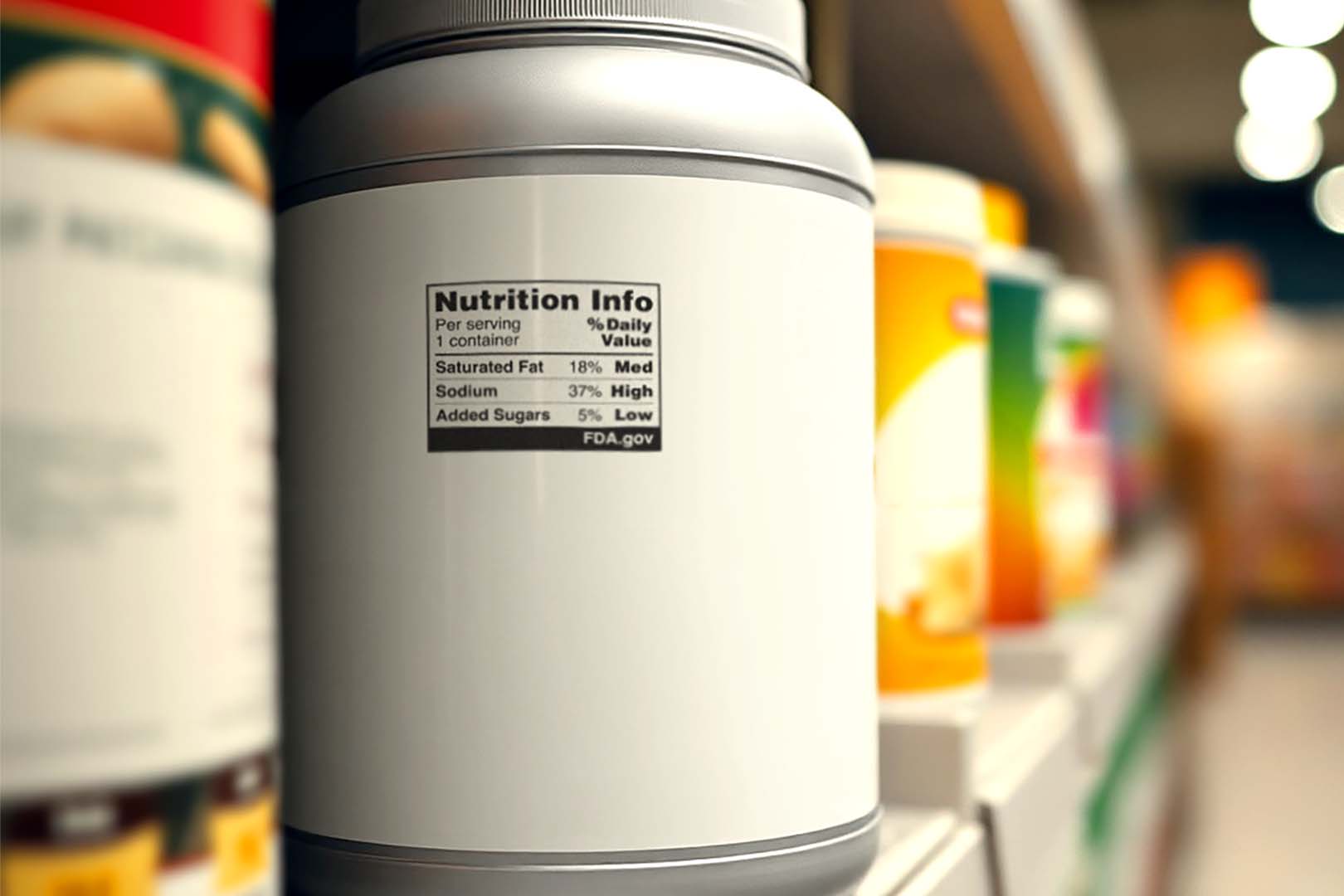
A research paper has been published this month by the associate professor of medicine at Harvard Medical School, Pieter Cohen. The aim of the study was to find out if there are supplements on the market that contain stimulants similar in structure to DMAA, which the paper refers to as a banned stimulant.
The study resulted in the third party testing of six different products, two of them being promoted as weight loss supplements. It ended up identifying three stimulants including 1,4 DMAA, DMBA (an ingredient the FDA has already taken enforcement action on) and DMHA. It also confirms that DMAA can still be found in nutrition products.
The more interesting fact is that the research paper says the ingredients tested for weren’t always found. One example is that two of the six supplements tested had DMHA also known as octodrine on their labels, although only one actually had DMHA in it, while the other had 1,4 DMAA.
The study does provide in-depth descriptions of each of the four stimulants it talks about as well as highlights how DMHA was approved as a drug by the FDA back in the 40s. The reason that’s important is that under the Dietary Supplement Health and Education Act, supplements aren’t allowed to use anything that was approved as a drug unless it was a dietary supplement or food first.
You can find the full published paper here, and if you’d like an even deeper breakdown of it all, Natural Products Insider has an excellent post well worth checking out.


